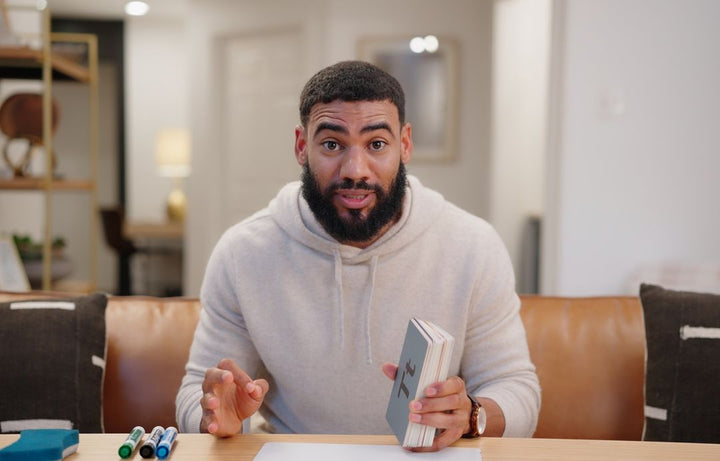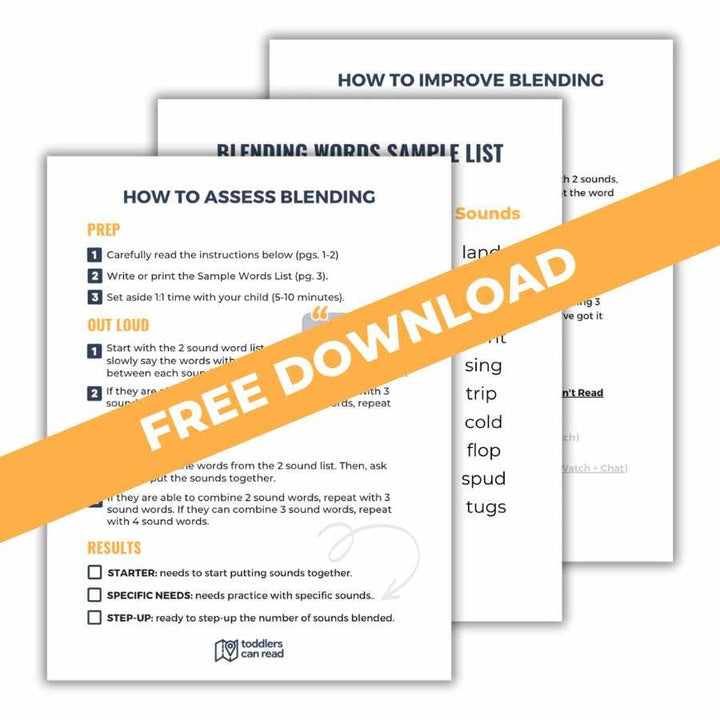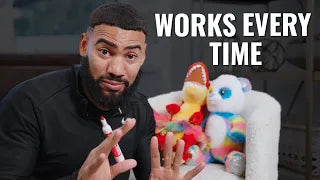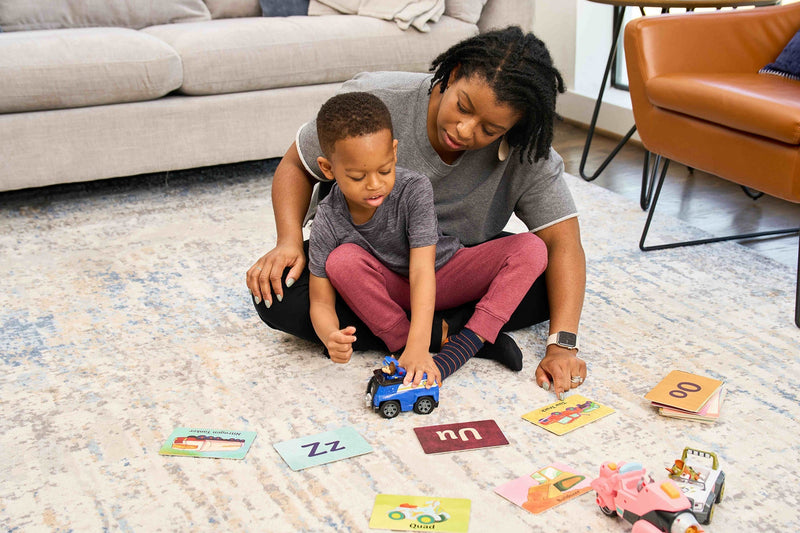You have your flashcards, whiteboard, and markers all set and ready. You're full of optimism and enthusiasm. You're gonna teach your child to read!
But then your little one seems interested in anything BUT working on their letter sounds. They squirm and balk at blending. They give you an "I don't want to" when you hand them a marker.
What's up with that? Kids love to learn new things! So why don't they want to learn from you?
First, you should know it's not just you. Lots of parents have talked with me about learning-time pushback. These tips will help you create lessons your little one will look forward to!
#1 Create a consistent routine.
Most families with young kids have a hard time squeezing in all of their daily to-dos. When we're not waiting in a miles-long drop-off line, we're scrambling to squeeze in homework between ball practice and bath time.
If that sounds familiar, you might be approaching your kid with reading lessons at a different time of day, every day.
But developing brains don't work well with inconsistent schedules.
In fact, kids need structure to thrive. Schedules and routines help kids feel safe and secure in their environments. And, when kids feel that underlying level of safety and predictability, they're better able to engage their brains and focus on learning.
So, pick a set time for learning and practice. Communicate that expectation and schedule with your kid. Then, stick to it.
#2 Explain new concepts clearly.
Kids don't like things they don't understand. So, if any part of your teaching is confusing, they'll likely get frustrated. No child—and no adult, for that matter—feels excited about learning when they hit obstacle after obstacle. And because learning how to read doesn't come naturally, those obstacles come up frequently.
So, before you try to teach your little one something new, make sure YOU understand it. Practice how you'll explain it to them. When you feel confident teaching, they'll be more interested in learning.
#3 Make your lessons interesting.
Boredom and kids don't mix. When kids get bored, they can't focus on the task at hand. And when you try to nag them into focusing anyway, they naturally push back.
Fortunately, there's an easy fix: Play-based learning.
Research actually shows that play is learning; you don't have to choose one or the other! You even get bonus points if you can get your little one moving their body during lessons—another evidence-based strategy for cognitive development and learning.
One way to make learning how to read fun is to incorporate what your little one cares about into what you're trying to teach. Does your kid have a favorite action figure or character? Make the toy say the letter sounds. Are they super active? Put letter flashcards around the room and have them "deliver" their toy to the sound card you're practicing.
Use whatever you can think of to keep things light, fun, and engaging.
#4 Try engaging them in a new way.
Your engagement strategy might have been perfect last month. But this month? Old news. If what you were doing before suddenly stops working, try a different engagement strategy.
Kids like new. In fact, evidence shows that curiosity and surprise actually help improve memory.
So try a lesson outside. Have another adult or sibling teach the lesson. It doesn't have to be complicated. Just switch it up a bit and watch your little one re-engage.
#5 Give your little one opportunities to practice following directions.
Some family environments are naturally less structured. In that case, some little ones struggle a bit more when they're suddenly expected to focus and follow directions.
Helping your little one build tolerance for following directions is crucial. Start slow. Build in a short activity every day that gets them listening and focused. Starting the day with a morning message routine can be especially helpful.
You can also try these tips for engagement:
- Sit close, face-to-face, making eye contact. (If your child struggles with or feels uncomfortable making eye contact, skip this. You know your child best.)
- Make gentle physical contact to keep them present.
- Keep your energy calm and confident.
- Preview the lesson ahead of time to let them in on what to expect.
- Use questions, statements, and directions correctly.
- Believe they can do it!
Your little one is going to love learning from you!
Kids love getting one-on-one time with their parents, so you're actually their #1 choice of teacher... IF you teach in a way their developing brain understands best.
It's not always easy, for you or for your kid. But I'm here and ready to help—especially if you want to teach your child to read.
Start with my free workshop. It's just 30 minutes long, it's encouraging and easy-to-understand, and you'll walk away knowing exactly how to teach reading to your little one. Register for free now.









